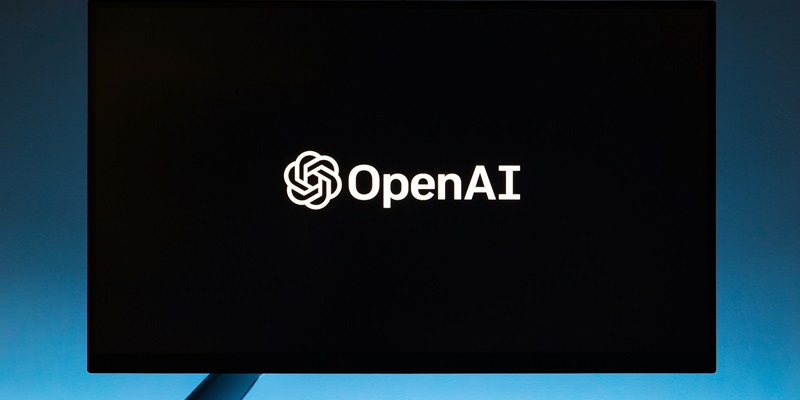OpenAI, a prominent artificial intelligence research organization, has recently announced the formation of the Collective Alignment team. Comprised of talented researchers and engineers, this team aims to develop a systematic approach for collecting and “encoding” public input into OpenAI’s products and services. By involving the public in shaping AI model behaviors, OpenAI strives to ensure responsible and ethical AI development.
The Public Program: Exploring Guardrails and Governance for AI
As part of its efforts to foster transparency and accountability, OpenAI initiated a public program. The primary objective was to provide funding and support to individuals, teams, and organizations interested in developing proof-of-concepts that address important questions about AI guardrails and governance. In a commitment to fostering collaboration and knowledge sharing, OpenAI made all the code used by the program’s grantees publicly available, along with brief summaries of each proposal and key takeaways.
OpenAI’s stance on innovation and regulation
OpenAI’s leadership, including CEO Sam Altman, President Greg Brockman, and Chief Scientist Ilya Sutskever, have consistently emphasized the rapid pace of innovation in the field of AI. They argue that existing regulatory authorities lack the agility and expertise necessary to keep up with these advancements. Hence, the organization believes that effective governance of AI requires the collective effort of a diverse set of stakeholders, thus the need to crowdsource expertise and perspectives from the public.
Scrutiny and Regulatory Challenges Faced by OpenAI
While OpenAI advocates for a collaborative approach, it faces increasing scrutiny from policymakers and regulatory bodies. One particular area of focus is its relationship with its close partner and investor, Microsoft, leading to a probe in the UK to assess any potential conflicts of interest. To mitigate regulatory risks related to data privacy, OpenAI has strategically leveraged a Dublin-based subsidiary to curtail the unilateral actions of some privacy watchdogs in the European Union.
OpenAI’s Actions Towards Transparency and Accountability
Recognizing the potential for AI technology to be misused in elections and other malign activities, OpenAI has taken proactive steps to address these concerns. In an effort to limit the potential for technology-enabled manipulation, the organization has announced its collaboration with external entities. Together, they are working toward developing measures that make it more evident when AI tools have generated images, thereby promoting transparency and combating the misuse of information.
Identifying and Addressing Modified Generated Content
In addition to ensuring transparency in AI-generated images, OpenAI is actively researching approaches to identify generated content, even after modifications have been made to the original images. The organization acknowledges the significance of this challenge in an era where deepfake technology is becoming increasingly sophisticated. By developing robust techniques for identifying modified content, OpenAI aims to promote responsible use of AI and protect against the malicious manipulation of information.
OpenAI’s formation of the Collective Alignment team and its public program to gather input on model behaviors demonstrate the organization’s commitment to responsible AI development. By involving the public and diverse stakeholders, OpenAI aims to incorporate a wide range of perspectives, ensuring the technology’s ethical and responsible implementation. As OpenAI faces scrutiny and navigates regulatory challenges, it continues to take proactive measures to enhance transparency and accountability. Moving forward, the Collective Alignment team will play a crucial role in driving progress as OpenAI strives to shape the future of AI development in a manner that benefits humanity as a whole.

